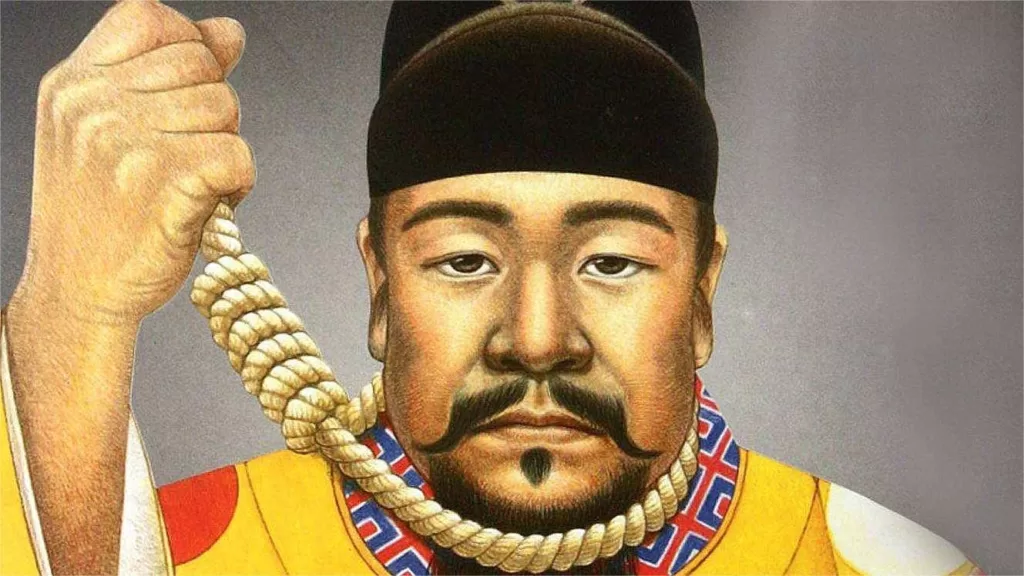Emperor Chongzhen, also known as Zhu Youjian, was the last emperor of the Ming Dynasty in China. He reigned from 1628 to 1644 and is best known for his tragic end, as he committed suicide when his capital city, Beijing, fell to the invading Manchu forces of the Qing Dynasty.
Early Life and Rise to Power
Zhu Youjian was born on February 6, 1611, in the Ming Dynasty capital city of Beijing. He was the 16th son of the Wanli Emperor, who had ruled for 48 years before his death in 1620. Zhu Youjian’s mother was a concubine, and he was raised in relative obscurity compared to his older brothers.
When Zhu Youjian was 16 years old, his brother, the Tianqi Emperor, ascended the throne. However, the Tianqi Emperor suffered from mental and physical disabilities and was largely unable to rule. As a result, power was wielded by his eunuch advisers, who were corrupt and incompetent.
In 1627, the Tianqi Emperor died without an heir, and the throne passed to Zhu Youjian. He was only 17 years old at the time and faced a daunting task in trying to govern a vast empire beset by corruption, famine, and rebellion.
Reign as Emperor
Emperor Chongzhen inherited a troubled empire when he ascended the throne in 1628. His reign was marked by a series of crises and challenges, including:
- Corruption: The Ming Dynasty was plagued by corruption at all levels of government, and Chongzhen’s efforts to root it out were largely unsuccessful.
- Famine: The early years of Chongzhen’s reign were marked by a severe famine that resulted in widespread suffering and death.
- Rebellion: Throughout the 1630s, various rebel groups rose up against the Ming government, seeking to overthrow the emperor and establish their own rule.
- Invasion: In 1644, the Manchu forces of the Qing Dynasty launched a massive invasion of China, and Chongzhen was unable to repel them.
Chongzhen’s reign was also marked by a number of important achievements, including the completion of the Grand Canal, which linked Beijing to the Yangtze River and helped facilitate commerce and trade.
Fall and Death
In 1644, the rebel forces of the Qing Dynasty launched a massive invasion of China. Chongzhen mobilized his armies to defend Beijing, but he was unable to stop the invaders. On April 25, 1644, the forces breached the walls of the capital city, and Chongzhen realized that all was lost.
Rather than surrendering, Chongzhen decided to take his own life. He gathered his family members and advisers and led them up to a hill behind the Forbidden City (the present Jingshan Park). There, he hanged himself, so he would not fall into the hands of the Qing forces.
Legacy
Emperor Chongzhen is remembered as a tragic figure who was unable to save his empire from collapse. He has been criticized by some historians for his ineffectual leadership and inability to address the challenges facing the Ming Dynasty.
However, others have pointed out that Chongzhen inherited an empire in crisis and faced tremendous challenges during his reign. He did his best to address these challenges, and some of his achievements, such as the completion of the Grand Canal, are still remembered today.

